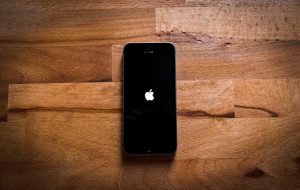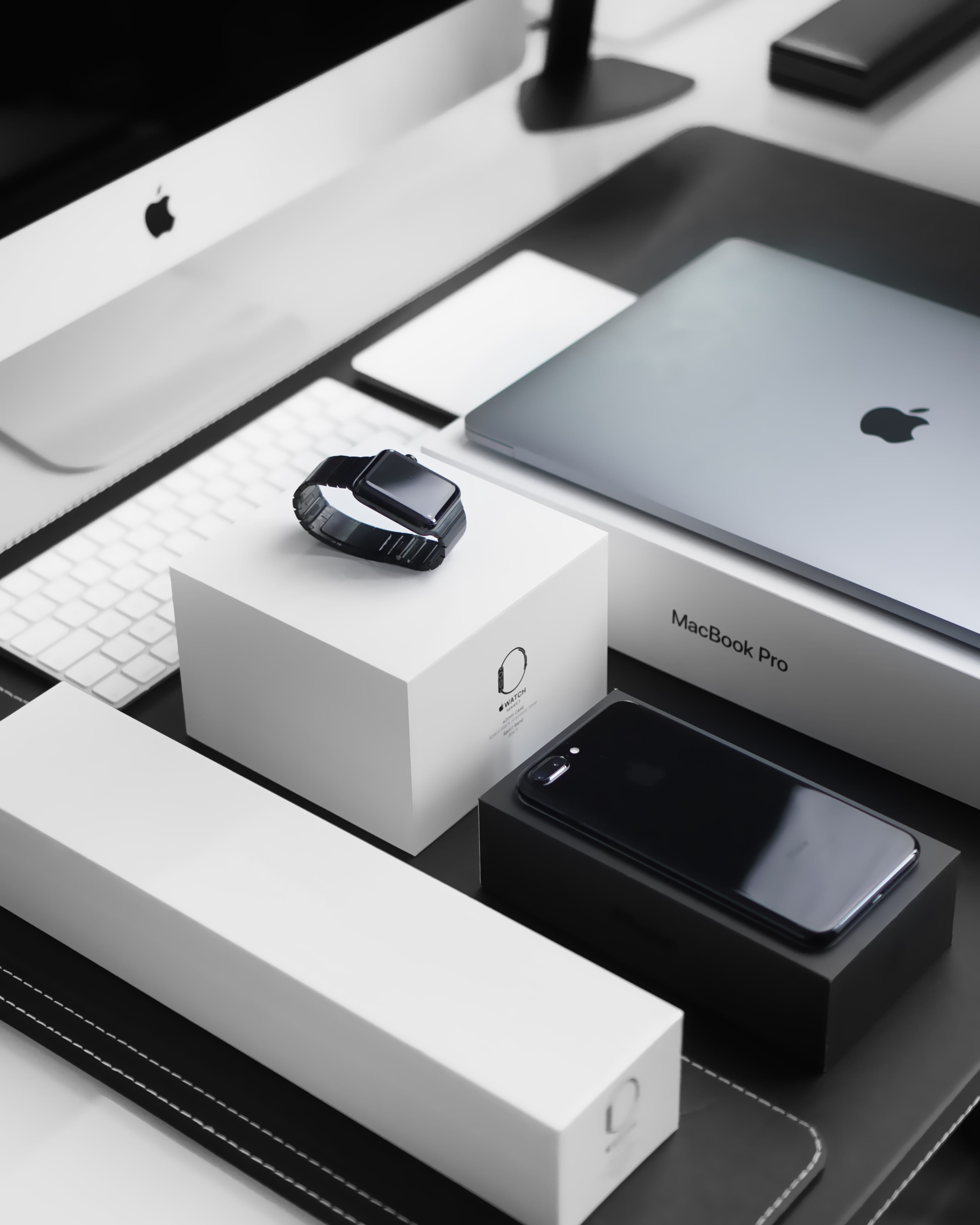The lawsuit alleges that Apple has not publicly disclosed that its Apple Watch devices may not be able to accurately read non-White consumers’ blood oxygen levels.
Apple is facing a federal class action lawsuit alleging that the blood oxygen reader in Apple Watch products provides inaccurate results for non-White consumers.
According to USA Today, the lawsuit was filed over the weekend.
In his complaint, lead plaintiff Alex Morales, a New York resident, cites academic literature showing that the Apple Watch “pulse oximeter” is ineffective in measuring blood oxygen levels in persons with darker skin tones.
This apparent flaw, notes USA Today, became widely known during the coronavirus pandemic.
With hospitals under-staffed and under-equipped to manage large numbers of oxygen-deprived patients, health care providers occasionally used Apple Watch devices to monitor patients’ oxygen levels.
However, the exact mechanisms of the Apple Watch’s blood oxygen monitoring feature remain somewhat opaque.
Spencer Sheehan, the attorney representing Morales and the class, said that the Apple Watch’s inability to accurately read blood oxygen levels in darker-skinned consumers is a “reasonable inference” based on existing knowledge about pulse oximeters.

“For decades, there have been reports that such devices were significantly less accurate in measuring blood oxygen levels based on skin color,” the lawsuit alleges.
“The ‘real world significance’ of this bias lay unaddressed until the middle of the Coronavirus pandemic, which converged with a greater awareness of structural racism which exists in many aspects of society,” the complaint claims.
USA Today observes that Apple has also indicated that blood oxygen readings may be affected by “permanent or temporary changes” to the skin, including tattoos.
“The ink, pattern, and saturation of some tattoos can block light from the sensor, making it difficult for the Blood Oxygen app to get a measurement,” Apple states on its website.
However, Apple does not specify whether a user’s natural skin color could interfere with the device and its advertised capabilities.
Morales, states the lawsuit, purchased an Apple Watch with the blood oxygen monitoring feature some time between 2020 and 2021.
In his complaint, Morales said that he believed the watch would monitor his blood oxygen levels. Furthermore, the plaintiff claims that “he would not have purchased” or “paid as much” for the product if he knew that its accuracy could be compromised by his natural skin tone.
Somewhat interestingly, the USA Today profile on the class action characterizes Sheehan as a “known prolific filer of consumer class-action suits.”
Speaking to USA Today, Sheehan said that he expects Apple will argue that it explicitly warns consumers that its blood oxygen device is not intended for medical use.
“Yes, you’re not getting this at a drugstore or a medical goods store,” Sheehan said. “Nonetheless, if a product is presented as a feature that is described as a … blood oxygen monitor, you will expect that it will function without respect to a person’s skin color.”
Sources
Apple faces class-action lawsuit alleging ‘racial bias’ in watch’s blood oximeter
Apple sued over alleged ineffectiveness of Apple Watch’s blood oxygen reader on people of color


Join the conversation!